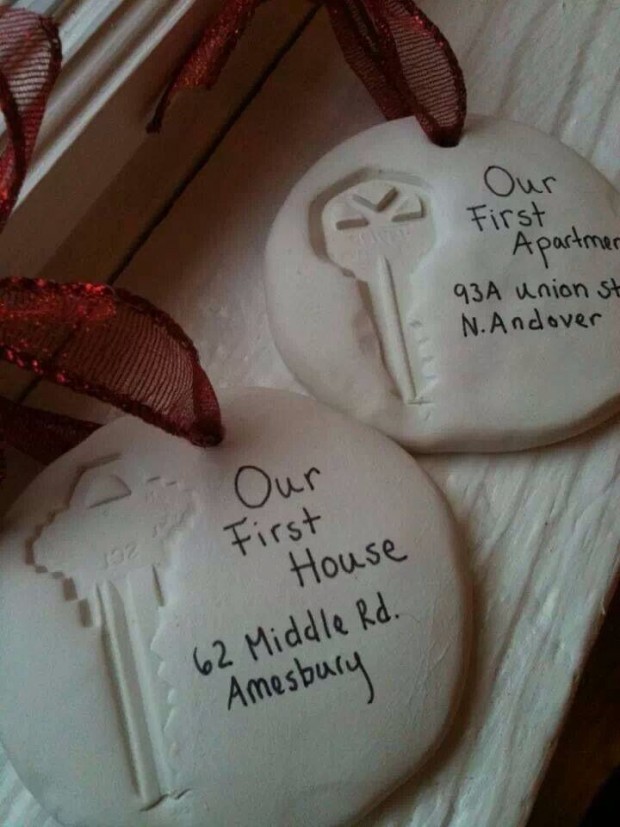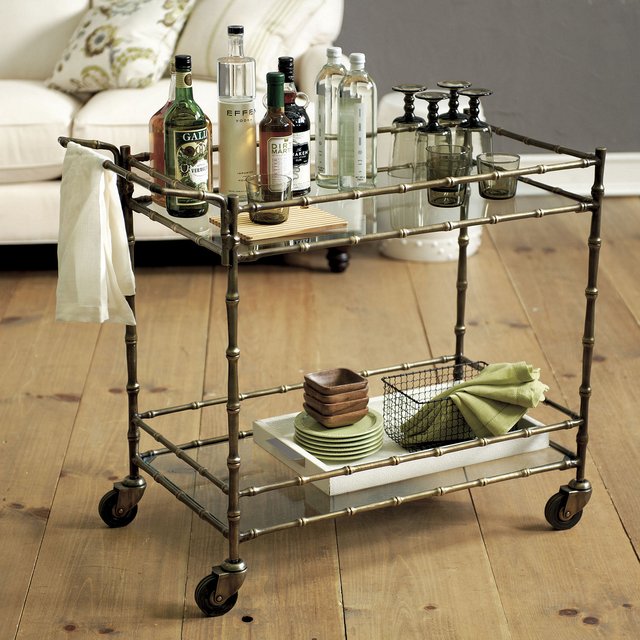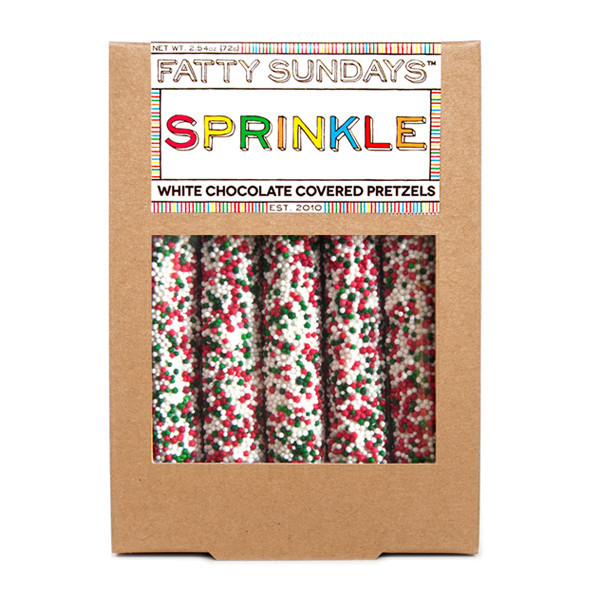Five Tips to Identify Fixer-Upper Homes Worth Investing In
When shopping for a new home, be aware of properties that have potential beyond their current appearance. Home buyers often overlook a great property because they are too focused on the cosmetic appeal, which can be easily altered. Keep the following tips in mind as you search for your perfect home:
- Finding the Best Neighborhood for You
Location is one of the most crucial factors to consider as you look for possible homes. Unlike the style and even structure, no amount of time, effort, or money can change a home’s location. To find the best neighborhood for you, it can help to visit the area multiple times at various hours. This will help reveal the local culture and activity to be expected from neighbors. - Identify a Cost-Efficient Fixer-Upper Home
Look for a home with sound fundamentals and an appealing floor plan. Cosmetic improvements like new paint, lighting fixtures, and flooring are relatively cheap and easy to change, while work on plumbing, electrical systems, structural walls, or cabinets are more difficult and expensive. Typically, the most expensive change involves altering a home’s structure. - Hire a Contractor Before Buying a Home
You may want to hire a contractor in your search if you know you want to make changes to a home you plan to purchase. A contractor can help you better understand what kind of commitment a given home will require. Many remodelers will visit a potential purchase at no charge to give an estimate of how much the work would cost. This is valuable information when comparing different homes with one another. - Know What to Check Before Buying an Old Home
Examining a home can be a complex process, and looking for one with unused potential can make it more difficult. Keep in mind that homes older than 50 years are likely to have similarly aged plumbing, electrical, heating, and other systems. The home may also be worn out or too outdated to remodel. - Real Estate Agents Can Help
According to MSN, Real estate agents are also valuable resources. They can help you understand a home in the context of its neighborhood and area, and may be able to offer advice on how to increase the value of the property after purchase.

























